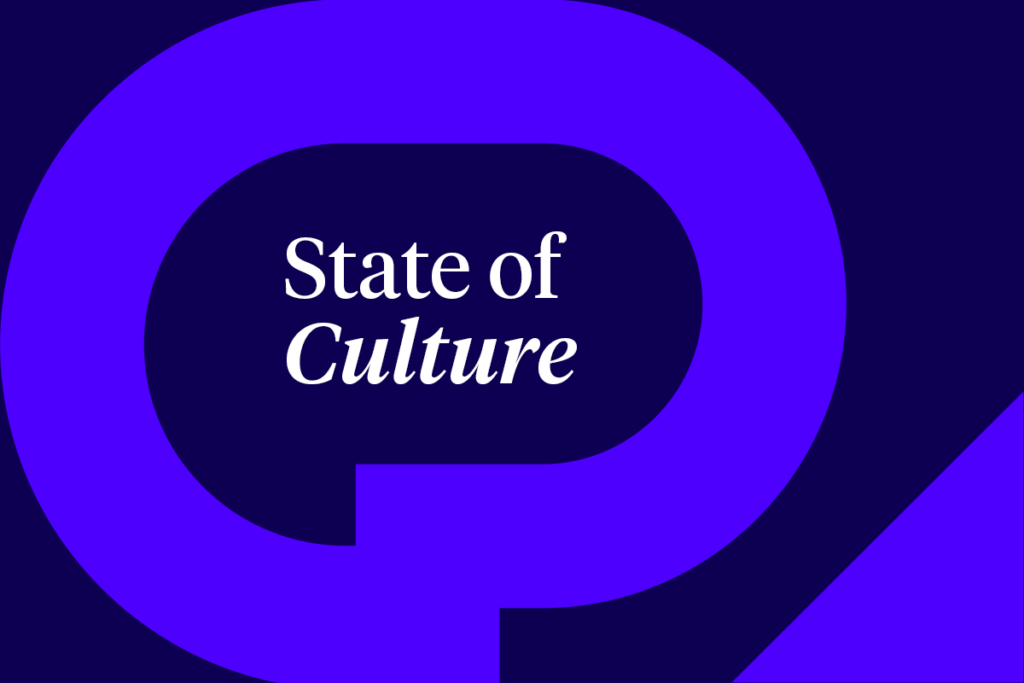This originally appeared on Jessica Kriegel’s LinkedIn. To subscribe to her every-Friday newsletter, also on LinkedIn, go right here.
To start to answer that question, let me show you a LinkedIn post from Michael C. Bush, who is the CEO of Great Place to Work. Based on his team’s data, the 100 Best Companies To Work For from Fortune outperform the market in these ways:
- Revenue per employee increased 7% year-over-year for the 100 Best.
- The willingness to give extra at work is nearly 70% higher at the 100 Best than at a typical company.
- 60% more employees at the 100 Best say their workplace is psychologically & emotionally healthy than at a typical company.
- Employees’ intent to stay is more than 50% higher at the 100 Best than a typical employer.
All great data – and I bet most senior leaders I interact with would love these numbers. That’s the short answer to why it matters. Some leaders do dismiss culture as a “fluffy thing,” or they’ll tell you, “I had lots of jobs I hated on the way up. I put my head down and over-performed and got here.” That’s all true too, but building a good culture is much more of a lasting legacy than 8-12 good quarters. That’s important to remember.
Beyond just the work and productivity metrics, endeavoring to build a great culture is just the right thing to do. People spend a lot of time at work, and the lines between work and personal are increasingly blurred. (Just look at your phone. Does it have both work and personal elements on it? For most people, that answer is yes.)
Most leaders we meet with at Culture Partners want to build a great culture, and that’s a huge difference from even 10-12 years ago, where “omelet bars” were kind of a lip-service notion to “We have investor money and this seems like the trendy way to spend it!” There’s more interest and due diligence around “culture” now, which is good to see.
Congrats to Cisco, by the way. They’re No. 1 in this year’s Fortune 100.
OK, so if we know that culture is important, and great cultures can mean great results, then we need to ask: what makes a great culture? This answer varies if you line up 1,000 people. But at the core, it comes down to this:
You create cultures where the experiences and interactions and connection to the work are positive, and that drives positive beliefs about the place – and positive beliefs mean no “Quiet Quitting”, “Great Resignation” or “QuitToking.” Positive beliefs become solid actions, and those actions become good results. It flows from the bottom to the top.

This is the 35,000-foot way to look at culture. We start many client engagements with this look. Now, if you get more granular and down to day-to-day and quarter-to-quarter decisions, “best place to work” research gives you a couple of obvious buckets:
- Compensation
- Respect of teammates / psychological safety
- Benefits and flexibility
- More, better training
Now, it does need to be noted that many of the companies on the Fortune List do have market caps or valuations in the billions, so it’s often easy to say, “Well, they have money to spend on this stuff. We’re hustling to stay alive!” I understand that argument, but none of these things are cost-prohibitive except for compensation and potential training.
For example: benefits and flexibility? You tell Marsha she can leave at 2:30pm because her work has been great, and she wants to go to a soccer game with her mom to watch her daughter play in a powerful three-generation moment. You just took a step to be a “great place to work” and you spent no money.
Respect of teammates and some notion of psychological safety is important, but that gets built organically over time. You can hire people to help you with micro-interactions (we do that), but … it happens across the people who work for you right now and what expectations and behaviors are set and modeled. It’s not a cost item.
On compensation: I wrote about this last weekend. You do not need to break the bank for every employee. You can still reserve the most in packages for executives and top sales performers, etc. That is fine. But you need to be at least competitive within where you expect your people to be geographically (or where they live, if remote) and you need to also be competitive by position/title. You need to be in range. Otherwise, you might have a rep in some talent communities of being way off-base and insulting. That’s not good.
Compensation is important, and obviously, in an inflationary environment, people are more worried about money. I would never sugarcoat that. But compensation also isn’t the only way you experience a job, and all of us have stories about work – the “beliefs” and “experiences” of the pyramid above – that weren’t related to money but still impacted us greatly.
The bottom line on many of these culture discussions or great place to work discussions is … If you take care of people, they take care of you. That’s how we approach parenting, growing old, friendship, marriage, and many other core aspects of society. We’ve gotten a bit astray from it on work here and there, but there is interest in getting it back.
What do you think makes somewhere a “great place to work?”




